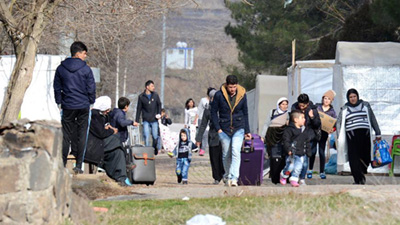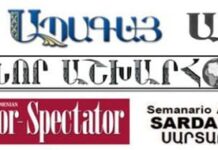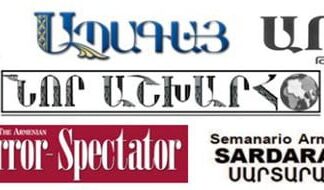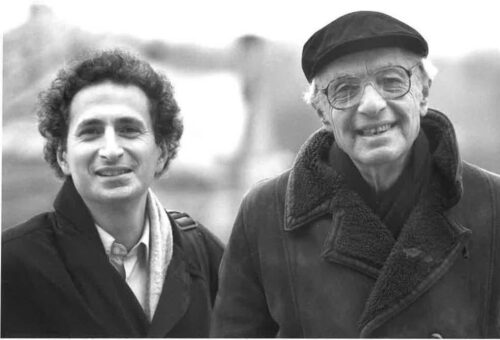By Matt Broomfield
The United Nations Human Rights Council (UNHRC) this week received a formal complaint over a Turkish airstrike which struck a civilian hospital in the Yazidi homeland of Sinjar (Shengal) on 17 August 2021, killing eight and injuring 20. The complaint, issued by four survivors and eyewitnesses in the run-up to the ninth anniversary of the Yazidi Genocide conducted by ISIS militants, puts the spotlight on Turkey’s years-long campaign of airstrikes that regularly target both civilian and military infrastructure in Sinjar. The occasion should provoke a reckoning for Turkey’s deadly campaign, which is keeping the Yazidis from pursuing a more just, democratic and autonomous political settlement as they struggle to rebuild their community.
As far as Turkey is concerned, the 2021 strike was a legitimate military action aimed at the Kurdistan Workers’ Party (PKK). But no-one denies the fact that the PKK were involved in the establishment of the Şingal Resistance Units (YBŞ), the Yazidi force created to defend Sinjar in the aftermath of the 2014 genocide. On the contrary, the PKK worked openly in tandem with US airstrikes and the Syrian Kurdish Peoples’ Protection Units (YPG) to open a humanitarian corridor and save the Yazidi people from a fate yet worse than that which they suffered nine years ago, when around 5,000 people, predominantly men, were killed and thousands of women and children abducted into sex slavery, many of them still missing.
Those Yazidis who survived the genocide suffer regular airstrikes by Turkey, as well as power-grabs by other regional forces
The PKK’s intervention at that time was no secret, nor was their continued presence in the region throughout the war to drive out ISIS. Since then, the YBŞ say, the PKK – and particularly Turkish PKK members – have withdrawn from the region, handing it over to local Yazidis. And sure enough, almost all of the recent victims of Turkish strikes have been local Yazidis. A 2021 analysis found that 60% of Turkish airstrikes against Yazidis resulted in civilian casualties, while educational facilities and members of the region’s Sinjar Autonomous Administration (SAA) have also been targeted. According to the claimants at the UN, there have been about 80 Yazidi victims of ‘collateral damage’ from Turkish airstrikes since 2017.
With the strike on the hospital, Turkey showed its hand, striking what the claimants say was a makeshift civilian hospital with no military protection and where no PKK members were present. While this legal distinction is vital in holding Turkey to account, it’s only half the story. Yazidis welcomed the PKK as their saviors as ISIS attempted to eradicate the embattled religious minority, and thereafter the Yazidi-led SAA welcomed the PKK’s call for regional devolution and autonomy as offering hope for a more secure, democratic and vibrant future for Sinjar.








